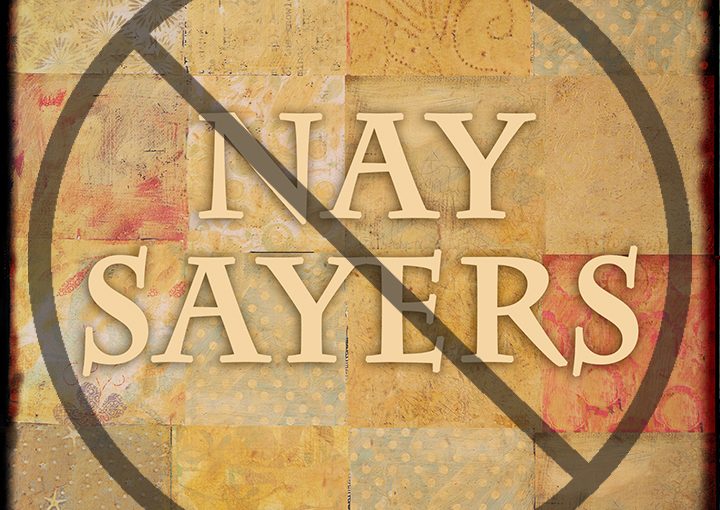Paul wanted to appear before the crowd, but the disciples would not let him. Even some of the officials of the province, friends of Paul, sent him a message begging him not to venture into the theater. The assembly was in confusion: Some were shouting one thing, some another. Most of the people did not even know why they were there. The Jews pushed Alexander to the front, and some of the crowd shouted instructions to him. He motioned for silence in order to make a defense before the people. But when they realized he was a Jew, they all shouted in unison for about two hours: “Great is Artemis of the Ephesians!” (Acts 19:30–34 NIV84)
Lest we think that shouting is a new phenomenon (though it may be escalating more of late), as you can see from the passage above, Christians have been “shouted down” since our founding, if you will. The mob were shouting at Jesus’ trial, too. (See Luke 23:20.) So, what is our response? How do you and I rise above the noise of the shouters?
Paul’s response was, “When the uproar had ended, Paul sent for the disciples and, after encouraging them, said good-by and set out for Macedonia” (Acts 20:1 NIV84). He basically ignored it and moved on, encouraging those who would remain behind. So, what about those who remain behind; what is their response? Well, our Lord Jesus remained quiet during the shouting. This could be one response: Silence. Another? “A soft answer turns away wrath; but a harsh word stirs up anger” (Pro. 15:1 ESV); for “Through patience a ruler can be persuaded, and a gentle tongue can break a bone” (Pro. 25:15 NIV84). I have found that soft and gentle answers, including silence, deescalate the shouting, and at some point, earn the privilege to be heard.
Are you encouraged to join me to rise above the noise of the shouters by deploying soft, gentle answers, and sometimes, even silence?
Peace,
Pastor Mike










